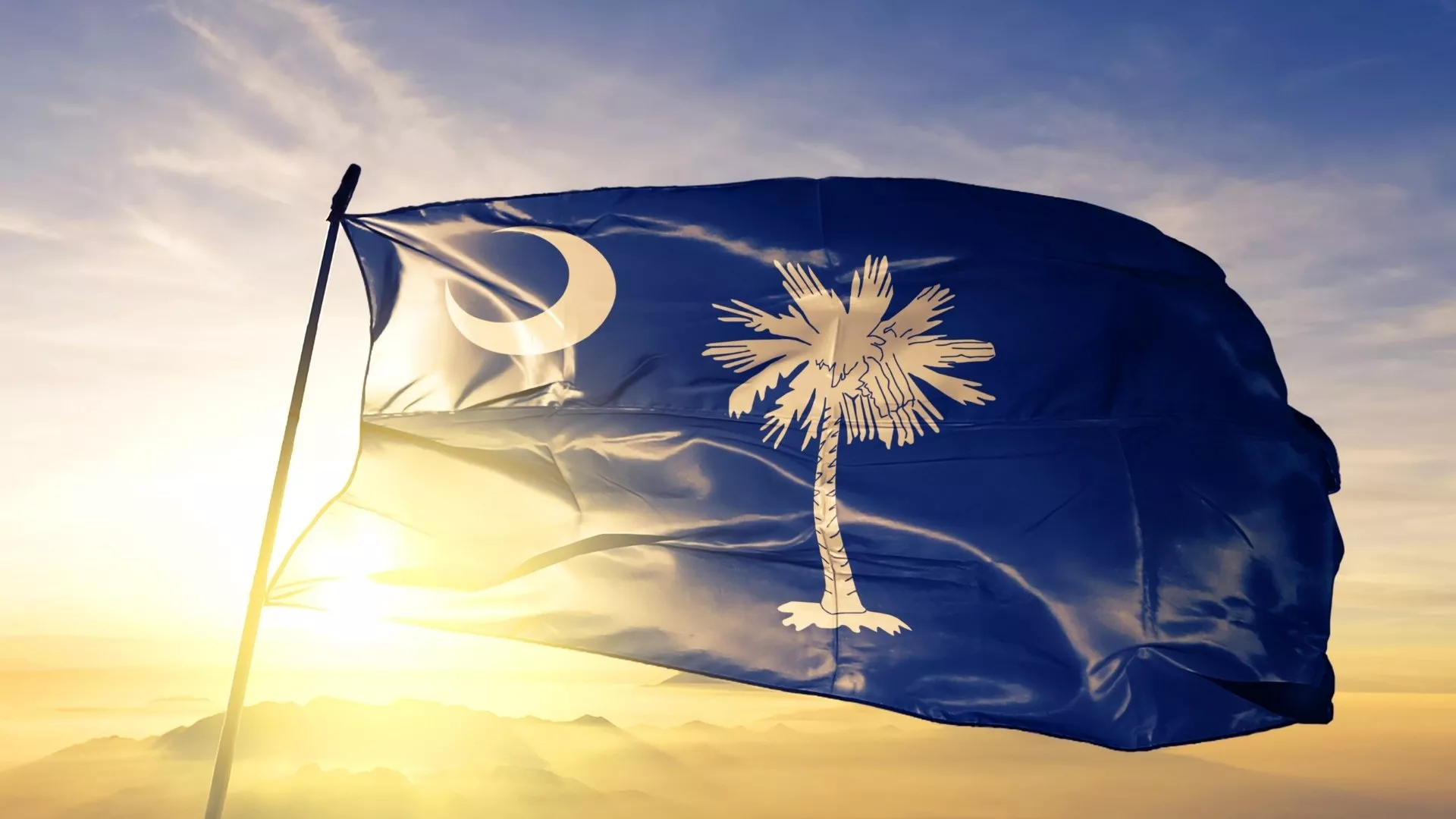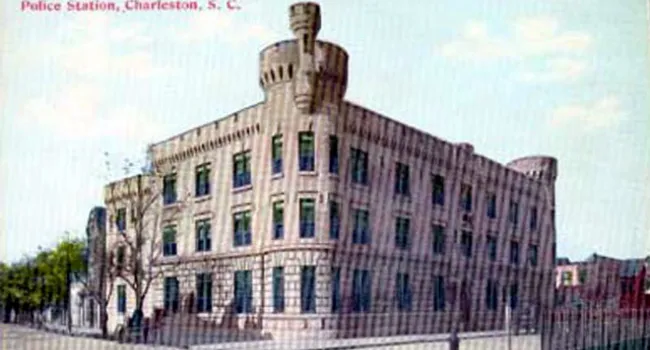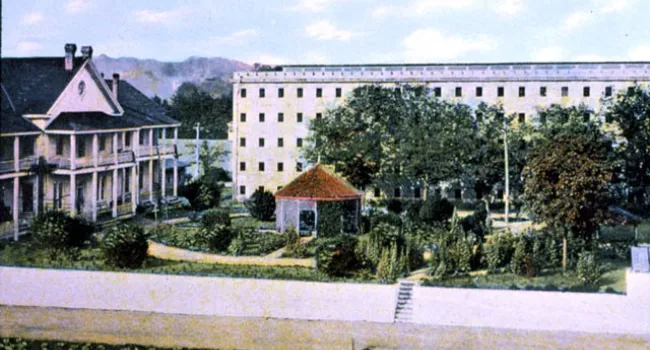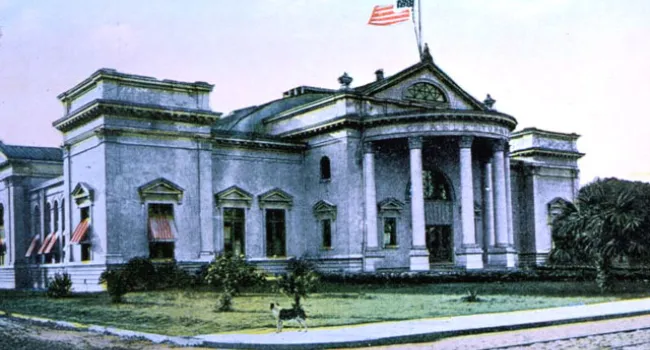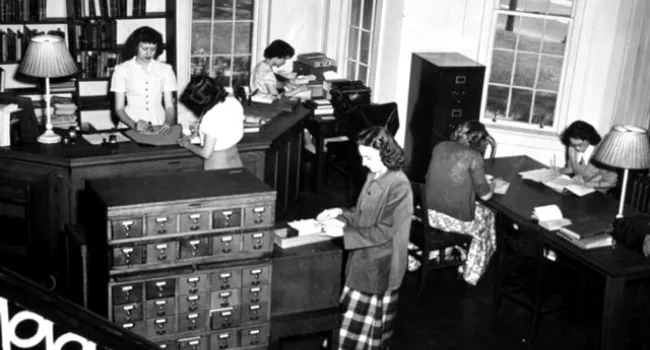
The Columbia City Waterworks | History of SC Slide Collection
Episode
7
Photo
The Columbia City Waterworks were completed in January of 1907 to pump water from the Columbia Canal and treat it before pumping it to serve the city's residents. Before the construction of this...